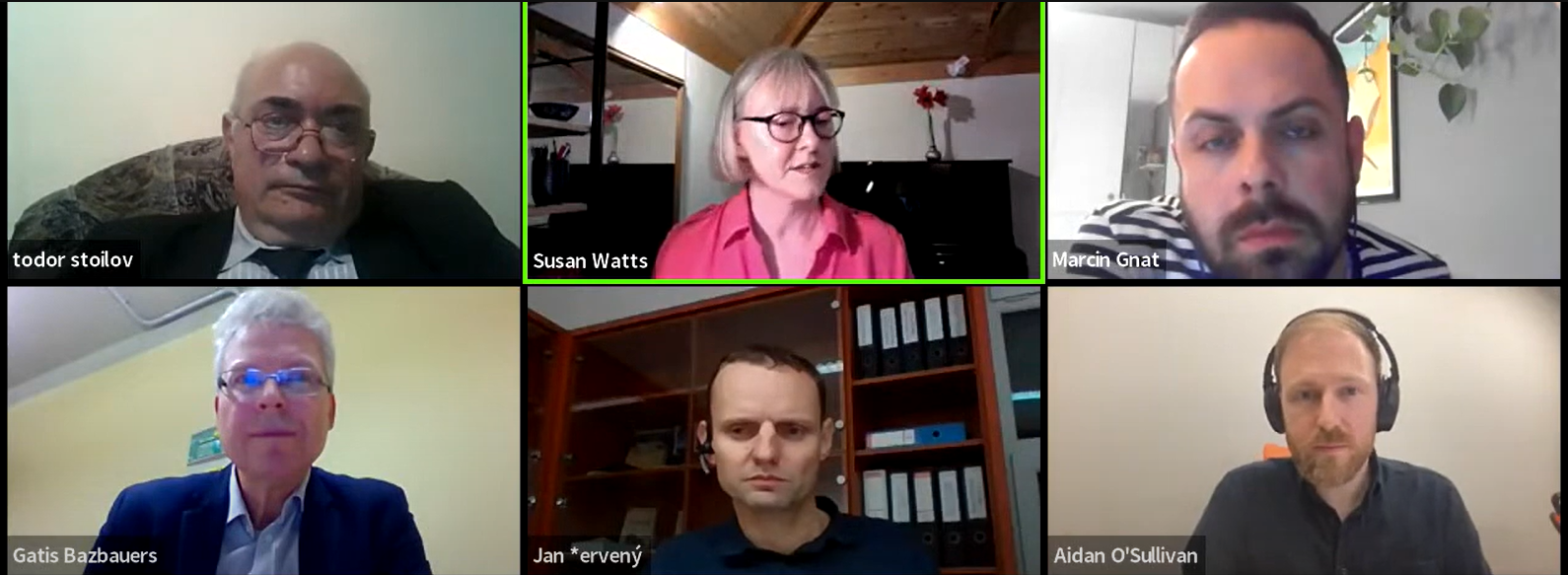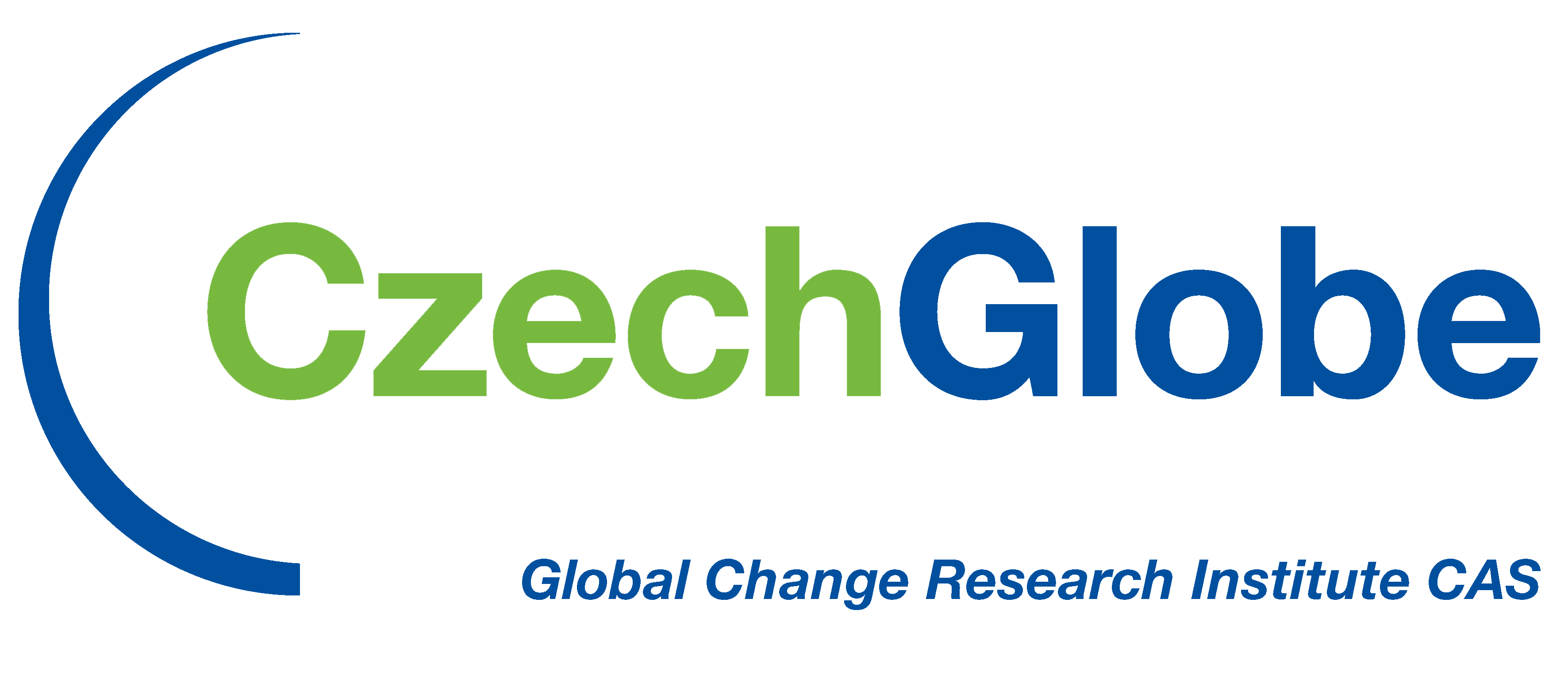As a part of Science & Innovation Dialogues series we discussed the needs for advanced digitalization and algorhitmic optimization to succesfully challenge limitations in development of sustainable microalgal biotechnologies.
Capable of performing photosynthesis, microalgae (which are typically found in freshwater or marine systems) produce about half of the world’s atmospheric oxygen. Microalgae have the ability to ferment foods or treat sewage, some kinds can also produce various renewable energy sources and under specific environmental conditions, they can very efficiently sequestrate carbon emissions, tackle eutrophication, or even remove marine water residues such as microplastics.
Digital platforms such as
The event was organized by UNESCO’s IRCAI, the British Council and the UK Science & Innovation Network.

A moment from the live event:
Capable of performing photosynthesis, microalgae (which are typically found in freshwater or marine systems) produce about half of the world’s atmospheric oxygen. Microalgae have the ability to ferment foods or treat sewage, some kinds can also produce various renewable energy sources and under specific environmental conditions, they can very efficiently sequestrate carbon emissions, tackle eutrophication, or even remove marine water residues such as microplastics.
Digital platforms such as
optimALga, that aim to provide comprehensive data management and analytical tools - including AI capable models for predictive control and the real-time optimization of biosystems - are essential for reaching the technological advances especially in complex multidisciplinary fields. For example, by making use of laboratory cultivators/bioreactors, for testing microalgae under a broad spectrum of environmental conditions, one can categorize and identify the set of environmental conditions that can truly realize the potential of microalgae to tackle climate change.The event was organized by UNESCO’s IRCAI, the British Council and the UK Science & Innovation Network.

A moment from the live event:



